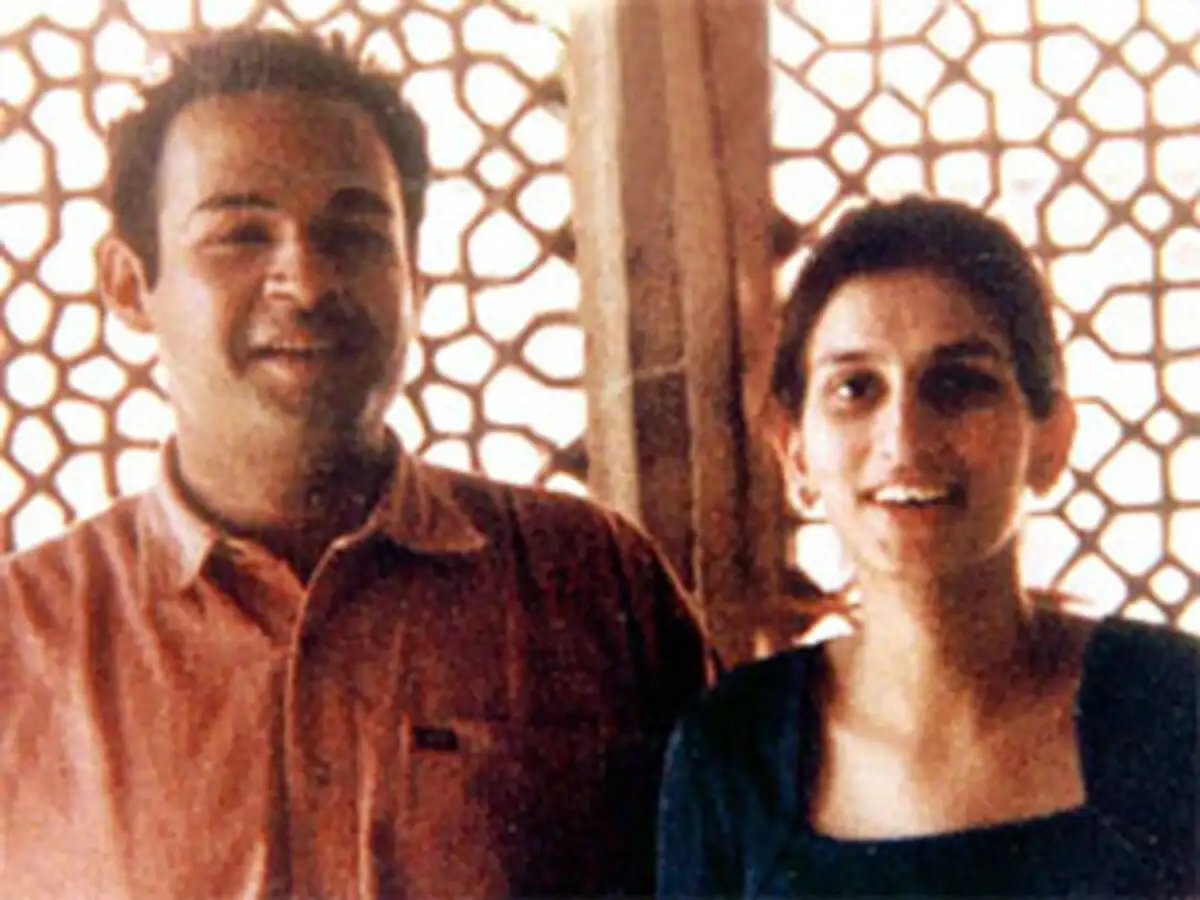The Incident
In February 2002, Nitish Katara, a young, promising man, was murdered by Vikas Yadav and his cousin Vishal Yadav. The reason? Nitish was in a relationship with Bharti Yadav, Vikas’s sister. This was deemed an affront to the family’s “honour”, and it led to a brutal murder that shocked the nation.
The Yadav family, with strong political ties, disapproved of the relationship and took matters into their own hands. Nitish was abducted, tortured, and later killed, his body burned beyond recognition in an attempt to destroy evidence. His remains were found in a ditch near Ghaziabad, marking the beginning of a prolonged legal battle.
The Fight for Justice
What followed the murder was a long, painful legal process. At first, the Yadav family used their influence to delay justice. Bharti Yadav initially fled the country, and her family’s political power tried to derail the investigation and trial.
However, Neelam Katara, Nitish’s mother, became the face of this fight. She was determined to seek justice for her son and, more importantly, to ensure the world recognized honour-based crimes for what they truly were: murder, not justified actions. For 14 long years, Neelam relentlessly pursued justice, refusing to let political power and corruption bury the truth.
Supreme Court Verdict
After years of legal hurdles, in 2016, the Supreme Court of India finally gave a historic ruling. They upheld the life sentences of Vikas Yadav and Vishal Yadav, marking an important step in the recognition of honour killing as a crime deserving of severe punishment. The case was finally classified as an honour-based crime, and the Yadavs were not allowed to escape justice due to their family’s influence.
Neelam Katara’s unyielding courage and persistence in the face of personal loss and societal pressure became an inspiration for many.
The Legacy of Nitish Katara
Nitish’s tragic story is a glaring reminder of how deeply ingrained caste and family honour can override human rights and freedom. While the judicial system took over a decade to bring the criminals to justice, Neelam Katara’s resilience set a precedent for other families facing similar crimes.
The fight didn’t just end with the court’s verdict. Neelam’s role as an advocate for justice has led to greater awareness around honour killings and their impact on society. She became a symbol of strength, showing that no one, no matter how powerful, should be above the law.
Key Takeaways
- Crime: Honour killing of Nitish Katara for his relationship with Bharti Yadav.
- Conviction: Vikas Yadav and Vishal Yadav convicted and sentenced to life imprisonment after a long legal battle.
- Advocate: Neelam Katara, mother of Nitish, fought for justice for 14 years, raising awareness about honour killings.
- Court Ruling: The Supreme Court upheld the conviction, recognizing the murder as an honour killing in 2016.
- Impact: The case has become an important reference in India’s fight against caste-based violence and the misuse of “honour” as an excuse for crime.
Why This Matters
The Nitish Katara case is more than just a tragedy. It is a call to action against the cultural practice of honour killings, which still claims innocent lives in India and around the world. As a society, we must reject the idea that honour justifies violence. Every life lost in the name of “honour” is a life we must remember, acknowledge, and fight for justice.
Standing With Victims of Honour Killings
At Roopantar, we honour the courage of individuals like Neelam Katara who continue to fight for justice, not just for their loved ones, but for the dignity and freedom of all. We must ensure that no family suffers in silence and that all victims of honour killings are given the justice they deserve.
Justice for Nitish. Justice for All.
#Roopantar #JusticeForNitish #HonourKilling #FightForJustice #EndHonourViolence

